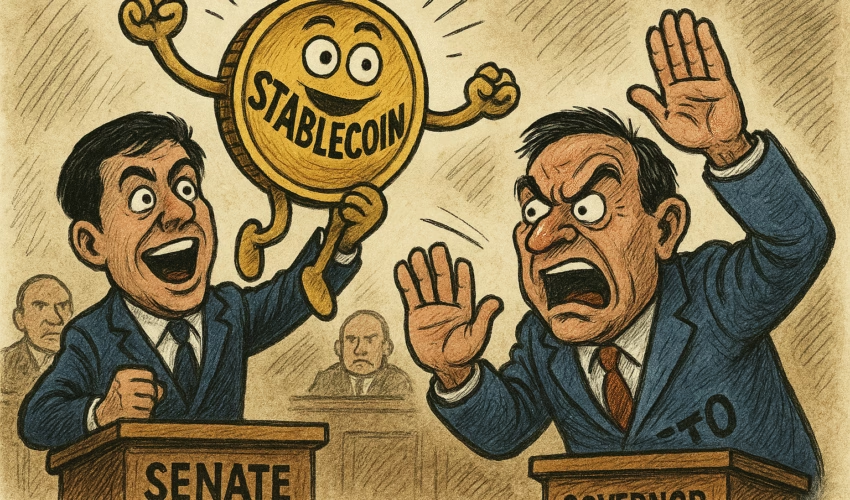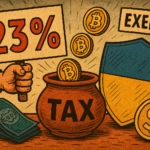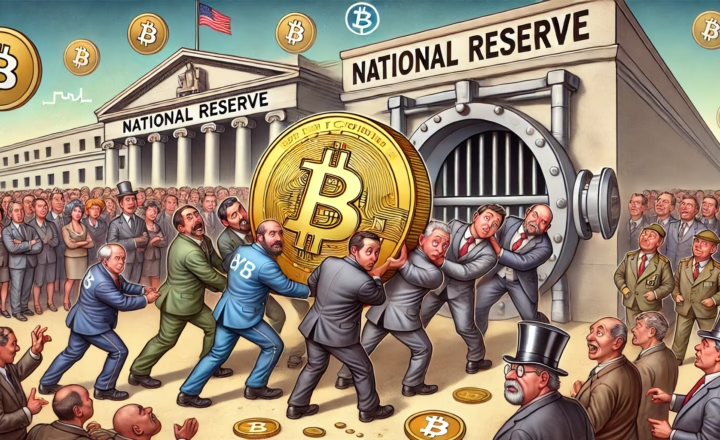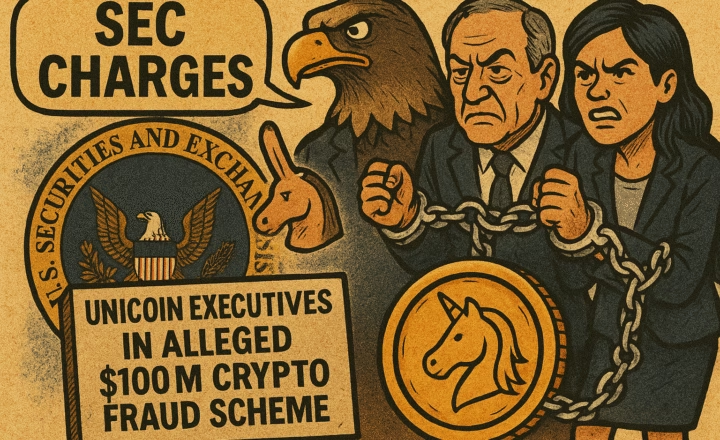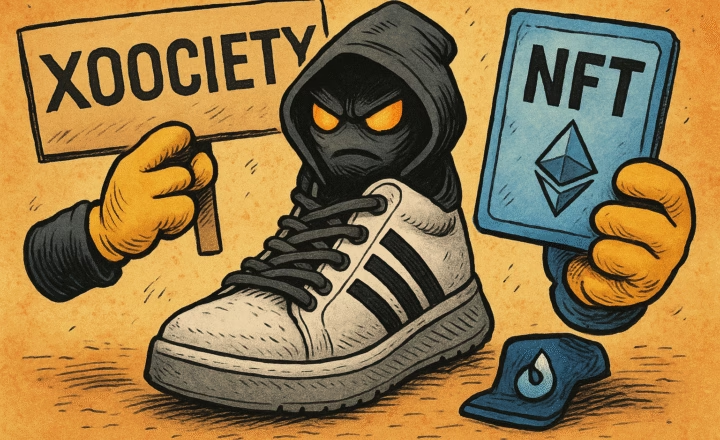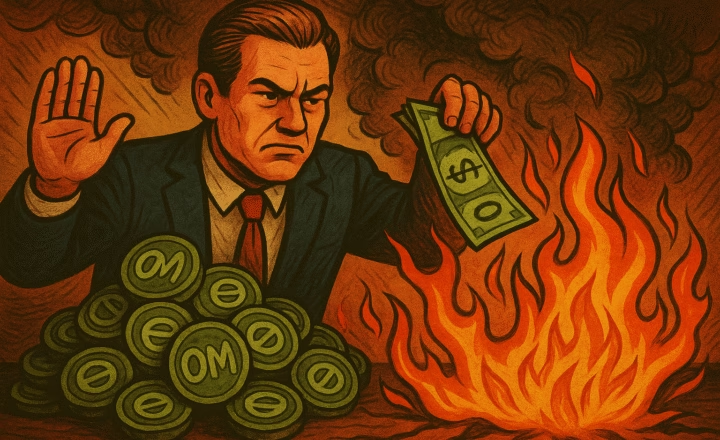Pacific U.S. Territory Moves Closer to Launching First Government-Issued Stablecoin
The Senate of the Northern Mariana Islands has voted to override Governor Arnold Palacios’ veto of a bill that could make Tinian, a small Pacific island, the first U.S. public entity to launch a stablecoin.
In a 7–1 vote on May 9, the Senate reinstated the bill, which would enable Tinian’s local government to issue internet casino licenses and launch a fully-backed USD-pegged stablecoin dubbed the Marianas US Dollar (MUSD). The legislation now heads to the 20-member House, where it must secure a two-thirds majority to pass into law.
If approved quickly, Tinian could beat Wyoming, which is also aiming to issue a state-backed stablecoin by July 2025.
What’s in the Bill?
Introduced in February by Republican Senator Jude Hofschneider, the bill proposes:
-
Authorizing internet-only gambling licenses
-
Launching a Tinian Stable Token, pegged 1:1 to the U.S. dollar
-
Issuing and redeeming the stablecoin via the Tinian Municipal Treasury
-
Backing the token with cash and U.S. Treasury bills
-
Leveraging eCash blockchain technology
Marianas Rai Corporation, based in Saipan, has been selected as the exclusive tech provider for the MUSD project.
The stablecoin will operate on the eCash network, a fork of Bitcoin Cash that rebranded in 2021 from Bitcoin Cash ABC.
A Divided Legislature: Innovation vs. Oversight Concerns
Governor Palacios vetoed the bill on April 11, citing constitutional concerns, lack of regulatory clarity, and fears that the activity could extend beyond Tinian’s jurisdiction.
Democratic Senator Celina Babauta, the only vote against overriding the veto, voiced concern over enforcement capacity and federal compliance:
“We lack the resources and manpower to police the gambling industry and use of the stablecoin,” she said.
“We are restricted by federal statutes and must comply with that.”
In contrast, Republican Senator Karl King-Nabors, a co-author of the bill, emphasized economic urgency:
“We’re going through serious economic hardships,” he said.
“This legislation brings in new revenue without harming our environment or requiring brick-and-mortar infrastructure.”
He also argued that the digital nature of the stablecoin would make regulatory oversight more transparent, not less.
Broader Stablecoin Regulation Stalls in U.S. Congress
Tinian’s efforts come at a time when stablecoin regulation is stalling in Washington:
-
The GENIUS Act, which aimed to regulate U.S. stablecoins, has lost Democratic support due to concerns over President Donald Trump’s crypto ventures
-
A separate bill, the STABLE Act, has also hit roadblocks
Despite federal gridlock, local governments like Tinian are seizing the opportunity to experiment with public stablecoins, especially in jurisdictions that face unique economic constraints and geographical isolation.
Final Thoughts: A Tiny Island Could Lead the U.S. in Stablecoin Innovation
With just over 2,000 residents, Tinian may seem like an unlikely frontrunner in the stablecoin race — but it now has a real shot at becoming the first U.S. jurisdiction to issue a government-backed stablecoin.
Whether the House approves the override remains to be seen, but the vote underscores how local innovation may outpace federal action when it comes to crypto policy — and how even the smallest territories are playing a growing role in shaping Web3 finance.

